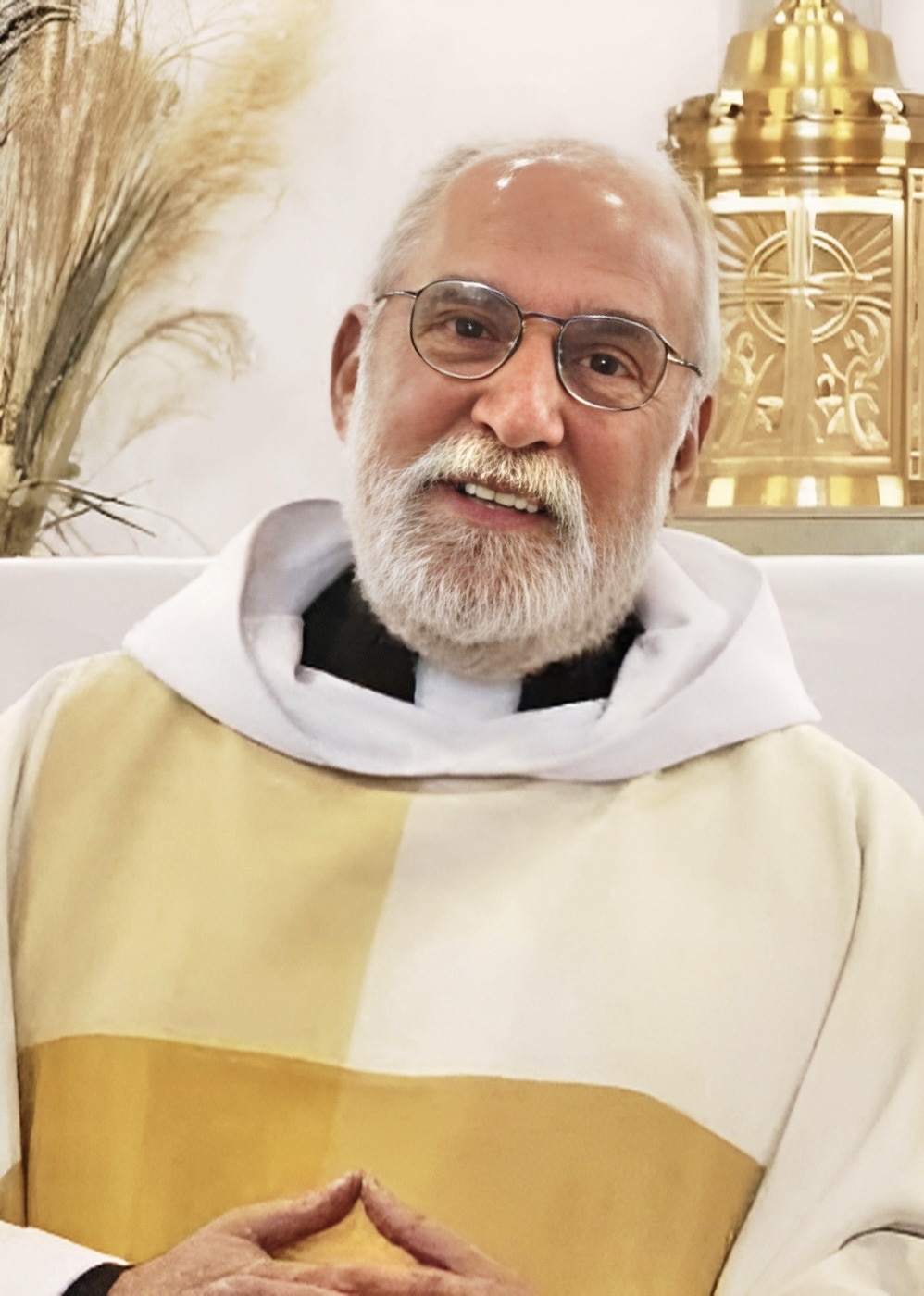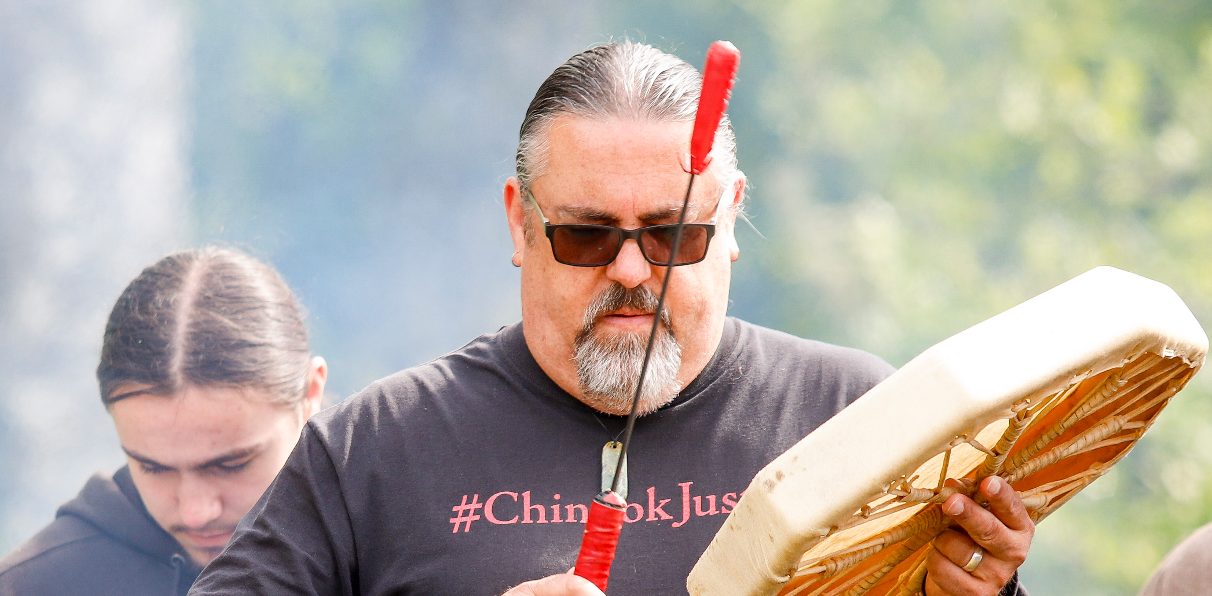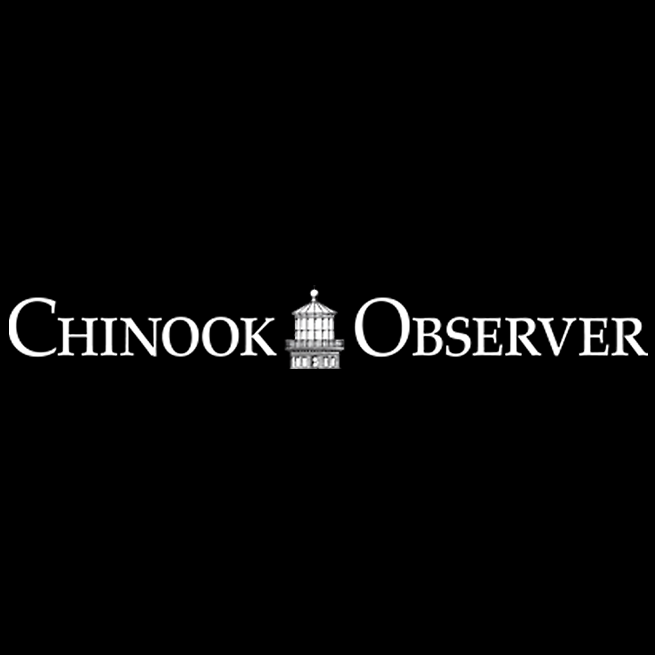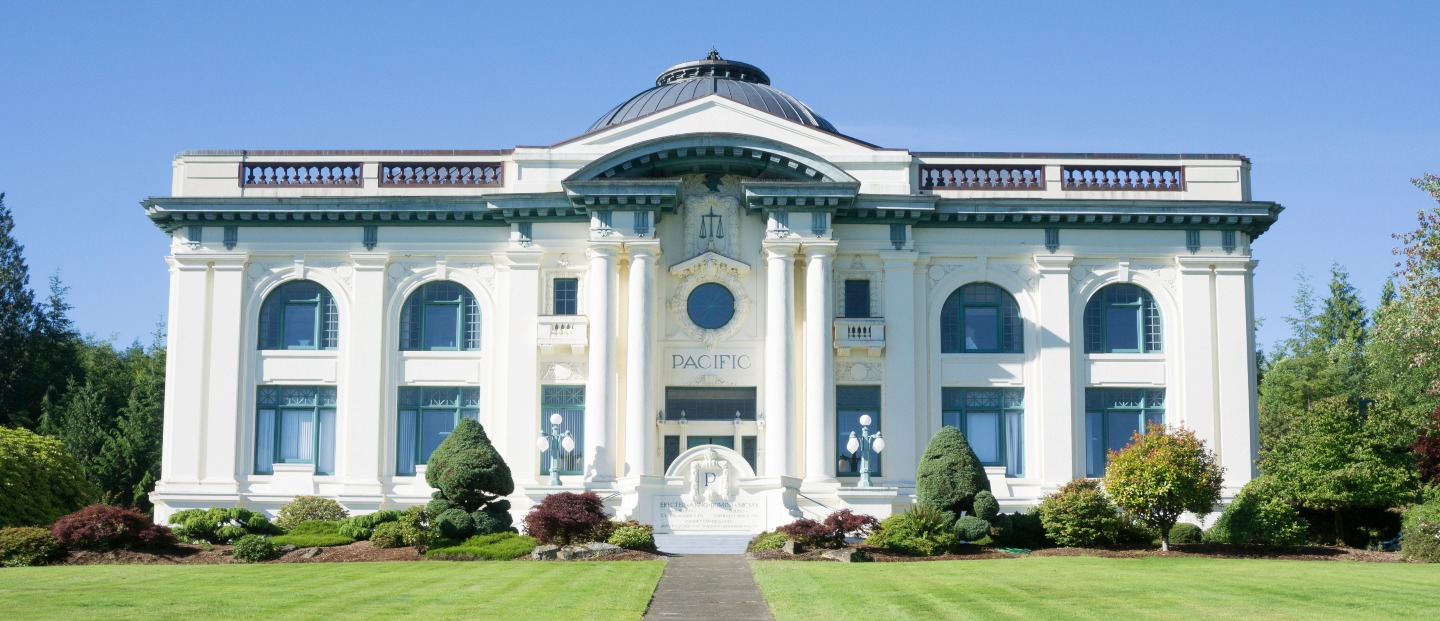‘It blew my mind’: Peninsula priest reacts to election of first American pope: Believes Leo will advocate for social justice
Published 8:59 am Tuesday, May 20, 2025
SEAVIEW — Father Clarence Jones, like tens of millions of other Catholics across the country, couldn’t believe what he had witnessed on a Thursday afternoon earlier this month: an American had just been elected as pope, the 267th successor to St. Peter and now the leader of some 1.4 billion faithful around the globe.
Jones, the senior priest-in-residence at St. Mary Parish in Seaview, described himself as being in “total shock and disbelief” upon the announcement that Chicago-born Robert Prevost had been elected by his fellow cardinals on May 8 as the next pope, taking the name Leo XIV.
“It blew my mind, a cardinal from the United States, unimaginable,” Jones said. “I could not wrap my mind around it.”
Trending
New pope’s background
Prevost, 69, was born and raised on the South Side of Chicago before attending a high school seminary in Michigan. He graduated from Villanova University, in Philadelphia, with a degree in mathematics in 1977, and shortly thereafter joined the Order of St. Augustine, a Catholic religious order focused on service, unity and charity.
He was ordained a priest in Rome in 1982, and in 1985 joined an Augustinian mission in Peru. Prevost was later elected to lead the Order of St. Augustine, and lived in Rome while he served two six-year terms from 2001-13.
Pope Francis named him Bishop of Chiclayo, Peru in 2015, and he became a naturalized citizen of the South American country. Prevost served in that role until 2023, when the pope appointed him as head of the Dicastery for Bishops, a department of the Roman Curia that oversees the selection of most new bishops worldwide. Francis named him a cardinal later that year, who are senior members of the clergy that advise the pope and are tasked with electing new popes.
With a decades-long career predominantly in South America and Europe that included only intermittent stops back home, Jones was among the many American Catholics who, perhaps unsurprisingly, were not familiar with Prevost prior to this month.
Papal conclave
Trending
Following the death of Pope Francis on April 21 and in the lead-up to the secretive papal conclave, where a new pope is elected, Prevost’s name began to emerge on some shortlists of “papabile” candidates — Italian for “pope-able,” which identifies certain candidates who have the characteristics and background that seemingly make them more likely to be elected pope than others.
An ally of Francis who brings a global, pastoral background while also serving in top leadership positions both within and away from the Roman Curia, Prevost checked off several important boxes that the cardinals were seemingly looking for.
But still, most Vatican watchers assumed the odds of him ascending to the papacy were long due to his American nationality; the thought of electing a pope hailing from a global superpower that exerts its influence around the world — and where 80% of the country’s population is not Catholic — had long been considered taboo.
“While the U.S. is not the country it once was, it is still a major global power,” Jones said when asked if he ever thought there would be an American pope in his lifetime. “I would have said that this would not have happened in anyone’s lifetime.”
Prevost’s fellow cardinals, however, shrugged off any concerns they may have had about his nationality and elected him on the conclave’s second day, on just the fourth ballot — a quick resolution for a process that in recent centuries has lasted days, weeks and even months. To be elected, a candidate must receive a two-thirds supermajority, and media reports have suggested Prevost surpassed more than 100 votes among the 133 cardinals on the final ballot.
A polyglot fluent in at least five languages, he delivered his first address as Pope Leo XIV in Italian to the tens of thousands who had amassed in St. Peter’s Square. He spoke warmly of the late Pope Francis and suggested he would continue on with his predecessor’s reforms “to be a synodal church” — a key push during Francis’s papacy to increase dialogue between church leaders and lay people.
“We have to look together how to be a missionary Church, building bridges, dialogue, always open to receiving with open arms for everyone, like this square, open to all, to all who need our charity, our presence, dialogue, love,” Leo said during his address.
Impact at home and abroad?
Elected at a relatively young age, the new pope could plausibly lead the Catholic Church for decades. The impact he will have on the church and society in both the U.S. and around the world is not yet known, but Jones pointed to his selection of his papal name as one possible clue.
The pope disclosed following his election that his adoption of Leo XIV was in honor of Leo XIII, who served from 1878-1903 and whose encyclical, “Rerum novarum” (which translates to “Rights and Duties of Capital and Labor”), established modern Catholic social teaching, promoted labor rights, and spoke out against both socialism and unrestricted capitalism during the Industrial Revolution.
“[Leo XIII] was known as someone who was intelligent, forward thinking and a pope for the modern era,” said Jones. “In his day he was called the ‘Social Pope’ and the ‘Pope of the Workers,’ a champion of social justice and maintaining the rights and dignity of the human
person.”
Jones believes Leo XIV will continue in that mold, and in the days since his election the pope has hinted at the issues he will hone in on during his papacy. In his inaugural address to the cardinals who elected him, Leo said the world was facing a new industrial revolution — this time in the field of artificial intelligence, which he said would “pose new challenges for the defense of human dignity, justice and labor.”
“I would say that Leo XIV wishes to be a vehicle of social justice and upholding the rights and dignities of the human person,” said Jones. “From ‘the womb to the tomb,’ as we Catholics say, all people are created in the likeness of God. God doesn’t make junk; therefore, everyone is beloved in God’s eyes.”










